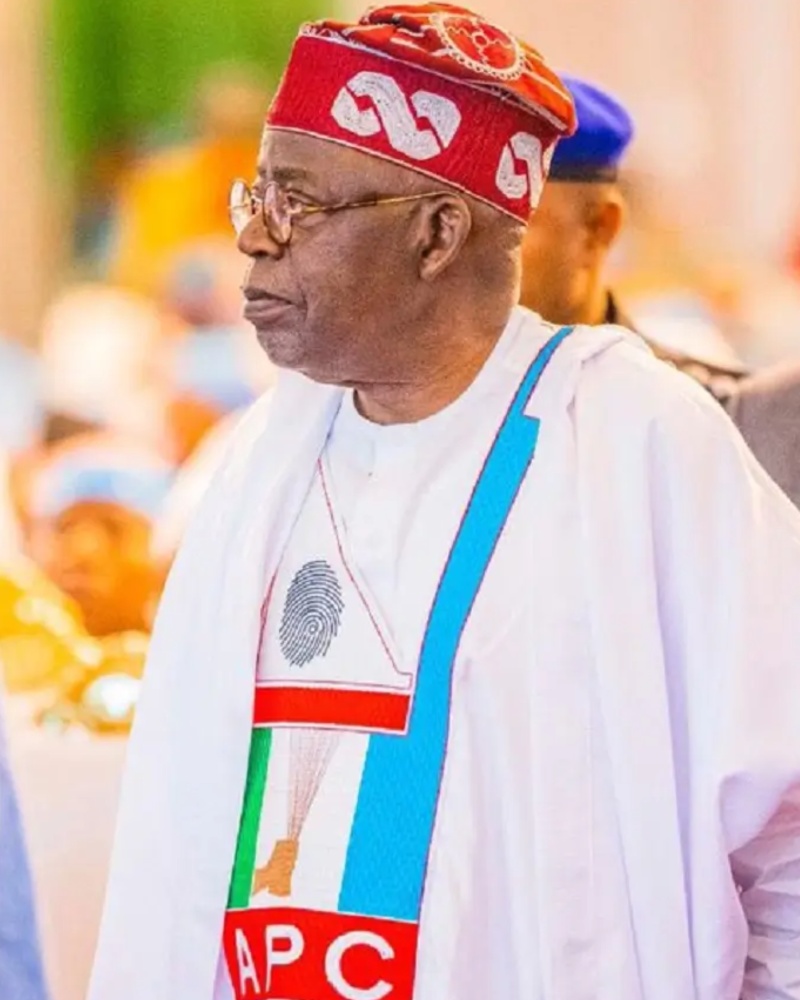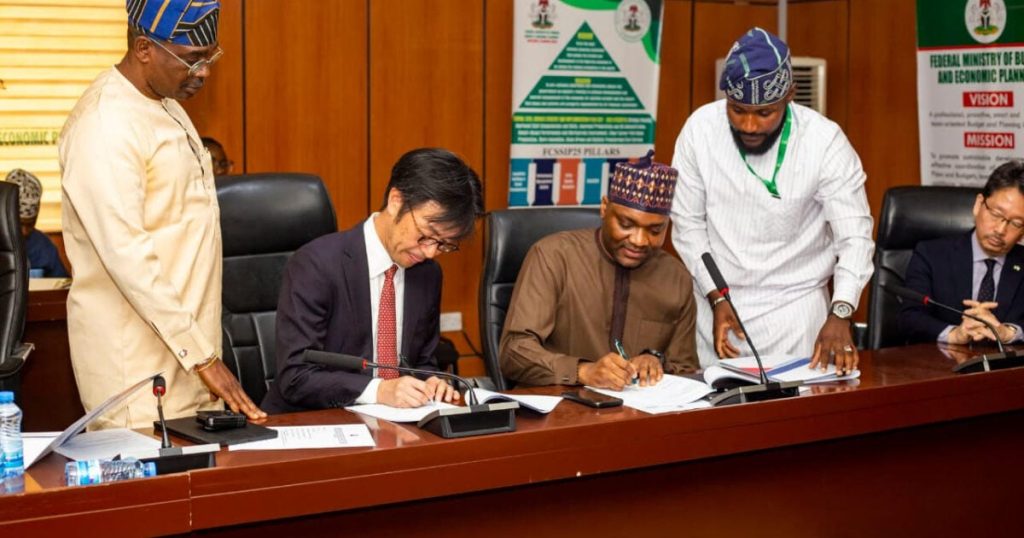An international court of arbitration in Washington, DC, has issued a temporary ruling blocking the sale of uranium stockpiles in a dispute between the Niger government and French mining group Orano. The court ordered Niger’s government to halt the sale of the uranium, which Orano claims has been stolen from it, and also demanded the release of an Orano representative who has been held in custody since May.
The dispute began in December last year when Niger’s military junta took control of Orano’s operations as part of a broader effort to regulate the mining of raw materials by foreign entities. Orano’s license was subsequently suspended, and the company ceased production. The move was part of a wider shift in Niger’s relations with foreign powers, particularly France, since the military rulers came to power in 2023. Niger’s government has expelled French troops and sought to strengthen ties with Russia and Turkey.
Orano alleges that over 1,000 tonnes of uranium concentrate, valued at more than $200 million, have not been exported. The company claims that these assets are rightfully theirs and have been stolen. The temporary ruling by the arbitration court is a significant development in the dispute, as it grants Orano protection over its claimed assets. If Niger’s government violates the court’s ruling, Orano would be entitled to seize Niger’s assets or royalties owed abroad.
The court’s decision may have significant implications for the dispute’s resolution, which could take months or even years to finalize. The ruling is the latest development in a complex and contentious issue, highlighting the challenges faced by foreign mining companies operating in Niger. As the situation unfolds, the international community will be watching closely to see how the dispute is resolved and what impact it will have on Niger’s relations with foreign powers and the global mining industry.
The temporarily blocked sale of uranium stockpiles is a critical issue, given the valuable nature of the assets involved and the potential consequences for Niger’s economy and international relations. The arbitration court’s ruling has halted the sale of the uranium, pending a final decision, and has raised questions about the ownership and control of the valuable resource. As the case progresses, it is likely to remain a major point of contention between Niger’s government and Orano, with significant implications for the future of mining operations in the country.



